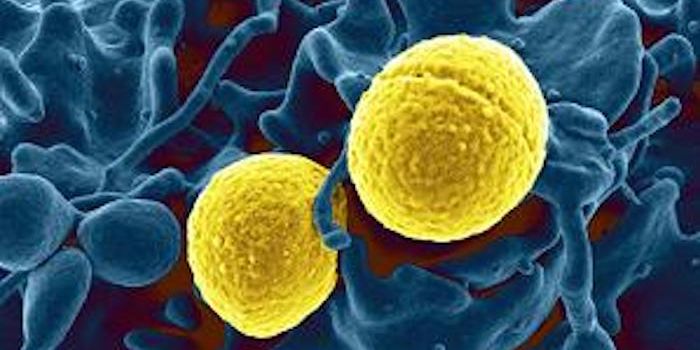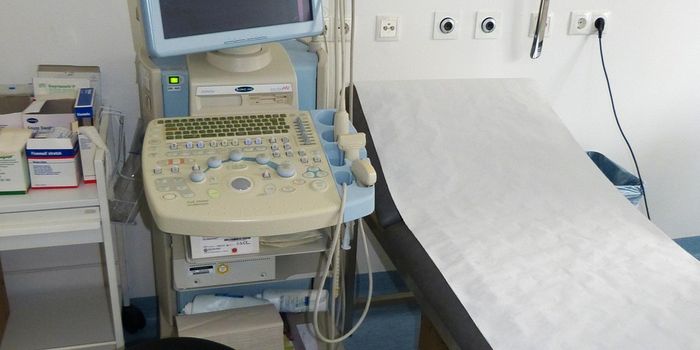With Nanopores, Small Samples Detect Diseases
If you've ever been through a battery of tests while doctors try to find a diagnosis for an ailment, you know that many tubes of blood are usually required for many different assays. Scientists have been trying to find ways to use a smaller amount of blood in diagnostics, but so far, it's been an elusive goal (as anyone who has heard of Elizabeth Holmes would know).
Researchers from the University of Leeds say that they have now found a way to look for the presence of individual molecules in blood samples, which could in theory indicate the presence of a disease. Typical tests now require billions or even trillions of these molecules for use in diagnostic tests. The scientists tested for a biomarker called C-reactive protein that may be seen at elevated levels in cystic fibrosis patients, and reported that they saw a signal identifying the protein, and thus, the disease in their test. The result was comparable to what's seen from the usual assay.
While the researchers have not yet created a diagnostic test for use in a lab, the study shows that we shouldn't have to continue to rely on old diagnostic methods. This work may not only be useful for common diseases, but it may also help scientists develop more rapid tests for COVID-19, for example.
"One of the main advantages is the minimal sample needed," said the lead study researcher Dr. Mukhil Raveendran. "We are able to isolate individual molecules from small samples to identify specific illnesses. The process is very quick, and takes just minutes to provide results."
The technique utilizes DNA origami, in which a DNA molecule is folded into a specific shape on the nanoscale. These shapes can then be used to latch onto biomarkers that identify the presence of a disease.
"The captured biomarkers are then read with nanopores and we can do this one molecule at a time," said Dr. Raveendran. "By coupling DNA origami and nanopores we are able to quantitatively detect disease biomarkers with single-molecule sensitivity."
DNA origami was also made to capture molecules of COVID-19; the researchers want to use the tool to find the proteins that the virus uses to get into cells.
"We have already demonstrated the detection of an inflammation marker called C-reactive protein in diluted serum," said the co-supervisor of the study Dr. Paolo Actis, University Academic Fellow. "Sensitive detection of biomarkers is important for diagnosis and for disease management. Our read-out is entirely electrical so it can be miniaturized, enabling point-of-care detection."
Sources: AAAS/Eurekalert! via University of Leeds, Nature Communications









